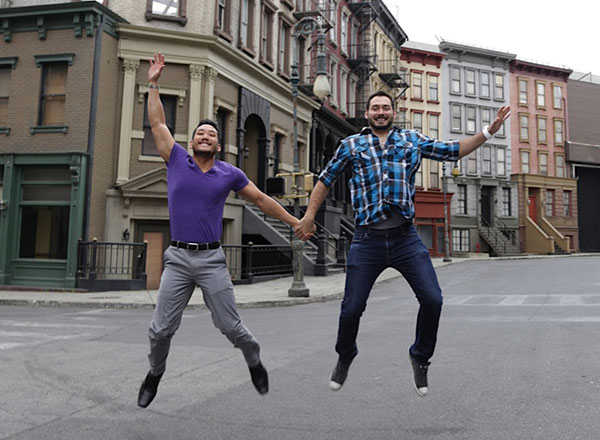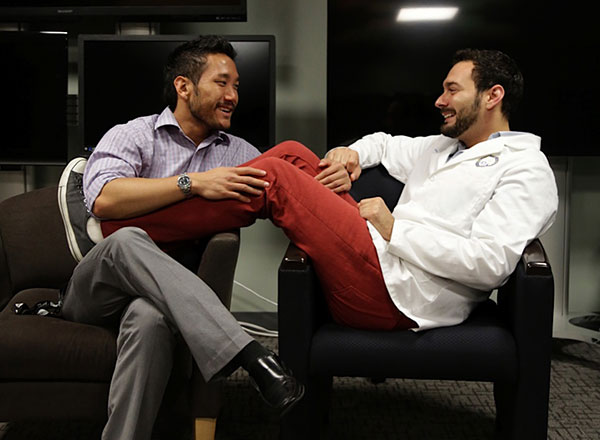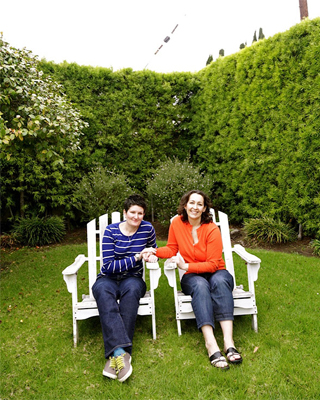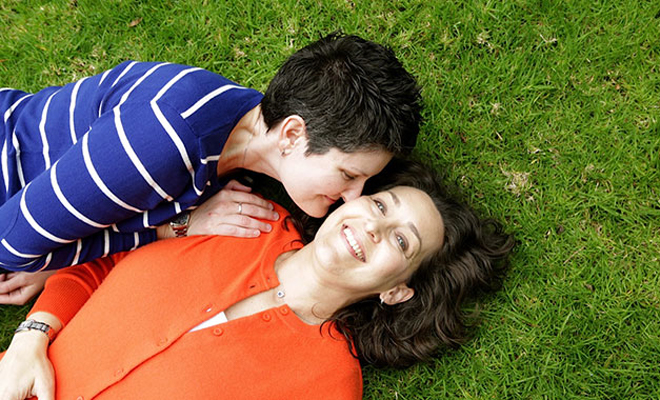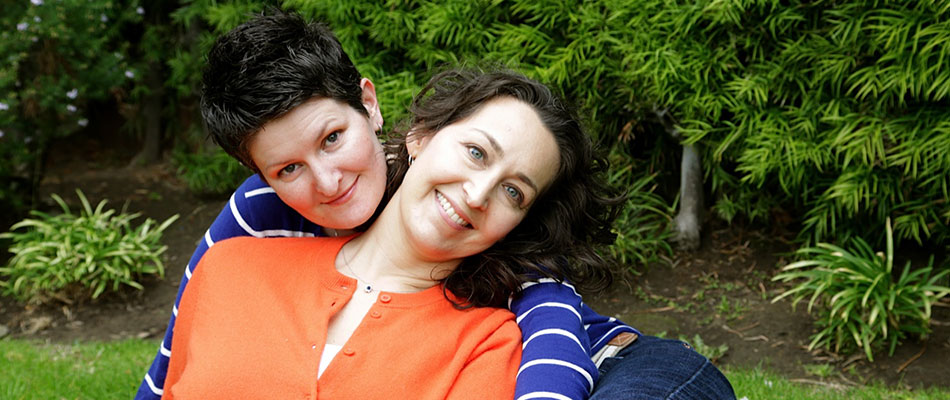When lawmakers, lawyers and judges need a dispassionate dispenser of informed knowledge about LGBT issues, they turn to the UCLA Law School’s Williams Institute.

The United States was founded on the guiding principle that “all men are created equal.” However, for the more than 9 million LGBT citizens across our nation, this statement was for many years more aspiration than fact.
But times are changing. In June 2015, the Supreme Court narrowly voted to legalize same-sex marriage nationwide. Research from the Williams Institute’s Gary Gates played a part in that decision: “As all parties agree, many same-sex couples provide loving and nurturing homes to their children, whether biological or adopted,” the court noted. Gates, the Blachford-Cooper Distinguished Scholar and Research Director at the Williams Institute, filed an amicus brief cited by Justice Anthony M. Kennedy in his majority opinion.
It wasn’t the first time the Williams Institute’s research played an important role. Founded in 2001, the Williams Institute on Sexual Orientation and Gender Identity Law and Policy has become the country’s premier think tank on sexual orientation and gender identity law and public policy. It produces high-quality research with real-world relevance on sexual orientation and the law, then disseminates the research results to judges, legislators, policymakers, the media and the public.
Directly or indirectly, the institute’s trailblazing work influences the national dialogue on hot-button LGBT topics at all levels of government and public policy. Experts at the Williams Institute have authored dozens of public policy studies and law review articles, filed amicus briefs in key court cases, provided expert testimony at legislative hearings, been widely cited in the national media, and educated thousands of lawyers, judges and members of the public.
At the heart of the institute’s work is the simple idea that “you have to be counted to count,” because demographics don’t lie. Being able to quantify the number of same-sex couples in the country, the number of children with an LGBT parent, or the percentage of the population who are LGBT adults is increasingly important to the sexual orientation and gender identity debates raging across the nation. When you parse geography, income, education and other factors, LGBT people look just like everybody else. And fighting for a truly equal society means not only persuading judges and government officials to act based on the belief in full equality for all, but ultimately changing the way society thinks about its LGBT citizens.

